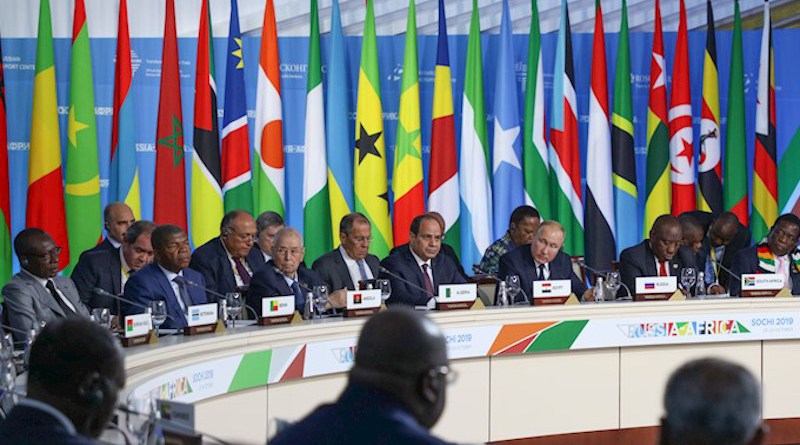Russia’s strategic ambitions in Africa are taking on a new form with the creation of the Africa Corps, a state-sanctioned force designed to replace the Wagner Group’s mercenary operations. This move signifies a significant shift, marking Russia’s attempt to expand its military presence and influence across the continent through a more official and potentially more sustainable approach.
Unlike the Wagner Group, which operates under the cloak of secrecy, the Africa Corps will function under the direct control of the Russian Defence Ministry. This shift towards a formal military presence could potentially offer Russia greater control, legitimacy, and access to resources in resource-rich African nations.
The initial deployment targets five key countries: Burkina Faso, Libya, Mali, Niger, and the Central African Republic. These nations, already grappling with internal conflicts and political instability, present opportunities for Russia to leverage its military support in exchange for economic concessions and political favours.
However, the implications of this move are multifaceted and far-reaching. Concerns exist about the potential for exacerbating existing conflicts, fueling arms races, and undermining regional stability. Additionally, the motivations behind Russia’s increased military presence remain unclear, raising questions about its long-term objectives and potential partnerships with other actors on the continent.
The Africa Corps represents a bold step in Russia’s Africa strategy, potentially solidifying its foothold on the continent. However, its impact on regional dynamics and global power balances remains to be seen. Only time will tell whether this move will translate into concrete gains for Russia or further complicate the already complex geopolitical landscape of Africa.

